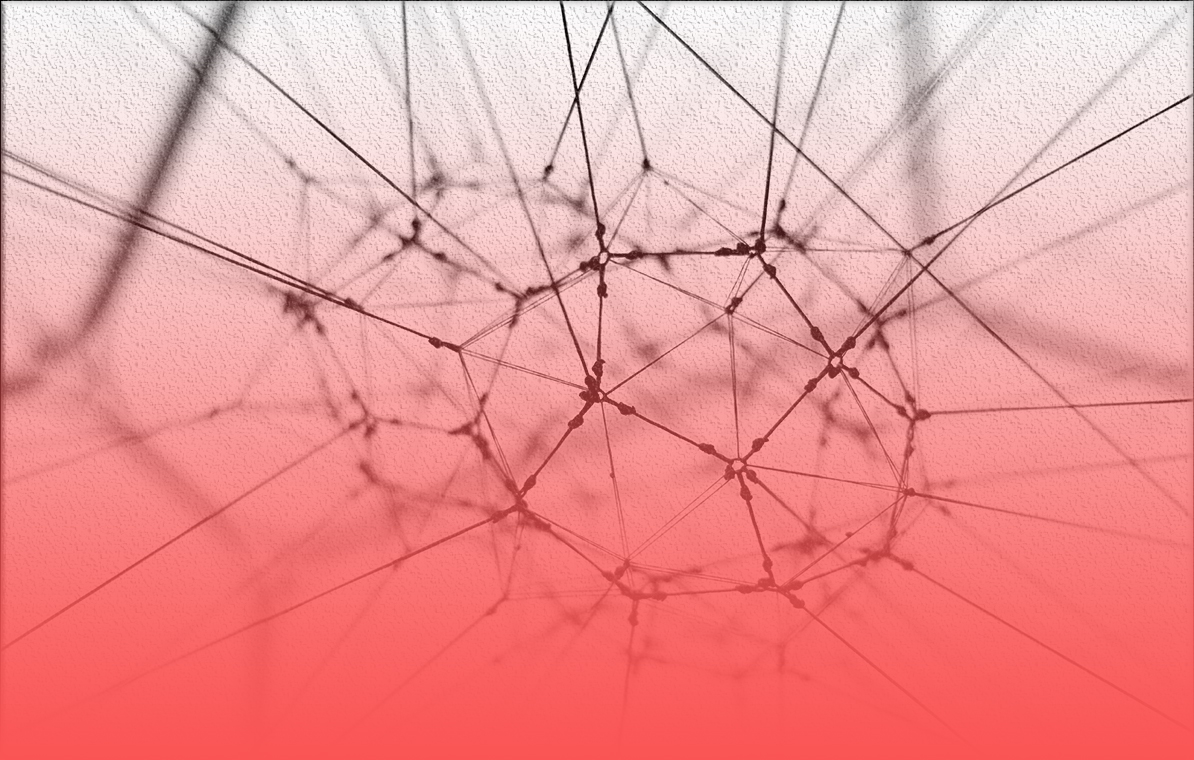Audioscan Milano. Exploring Avant-Garde Sound Practices via Digital Humanities
DOI:
https://doi.org/10.7264/N3JM2823Abstract
Audioscan Milano explores the strategies and experiments in the field of sound and noise of Milan’s legendary Studio di Fonologia Musicale. A multimedia installation composed of hundreds of field recordings of the city of Milan, Audioscan Milano provides its audience with a multisensory experience of the urban soundscape and the opportunity to interact with it digitally. The manipulation of noise and its transformation into musical sound via sophisticated electronic equipment emulates the Studio’s audio techniques but also exposes the reasons behind its failure to attract a wider audience. Visitors to Audioscan Milano expect to hear urban noise rather than musical sounds and, despite some enthusiasm around being able to mix sound objects on the map and move them around the room, they fail to appreciate the technical subtleties of the procedures behind the music. Ultimately, Audioscan Milano constitutes an important link to Italy’s musical heritage of the 1950s and 1960s and can learn from its limitations, particularly when it comes to engaging the audience to play a more active role in the auditory experience of the city.Downloads
Published
2017-12-19
Issue
Section
Projects
License
Copyright (c) 2017 Humanist Studies & the Digital Age

This work is licensed under a Creative Commons Attribution-NoDerivatives 4.0 International License.
Authors who publish with this journal agree to the following terms:
- Authors retain copyright and grant the journal right of first publication with the work licensed under a Creative Commons Attribution No Derivatives License that allows others to share the work with an acknowledgement of the work's authorship and initial publication in this journal.
- Article and journal metadata is released under a Creative Commons Attribution license.
- Authors may enter into separate, additional contractual arrangements for the non-exclusive distribution of the journal's published version of the work (e.g., post it to an institutional repository or publish it in a book), with an acknowledgement of its initial publication in this journal.
- Authors are permitted to post their work online (e.g., in institutional repositories or on their website) prior to and during the submission process, as this can lead to productive exchanges, as well as earlier and greater citation of published work (See The Effect of Open Access). Indicate that the manuscript is under submission.

